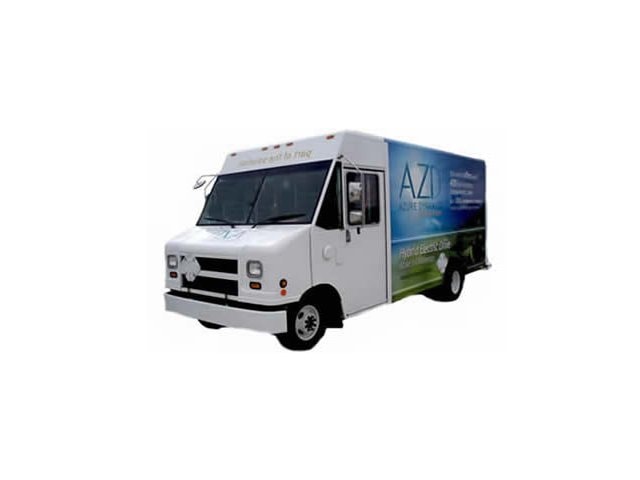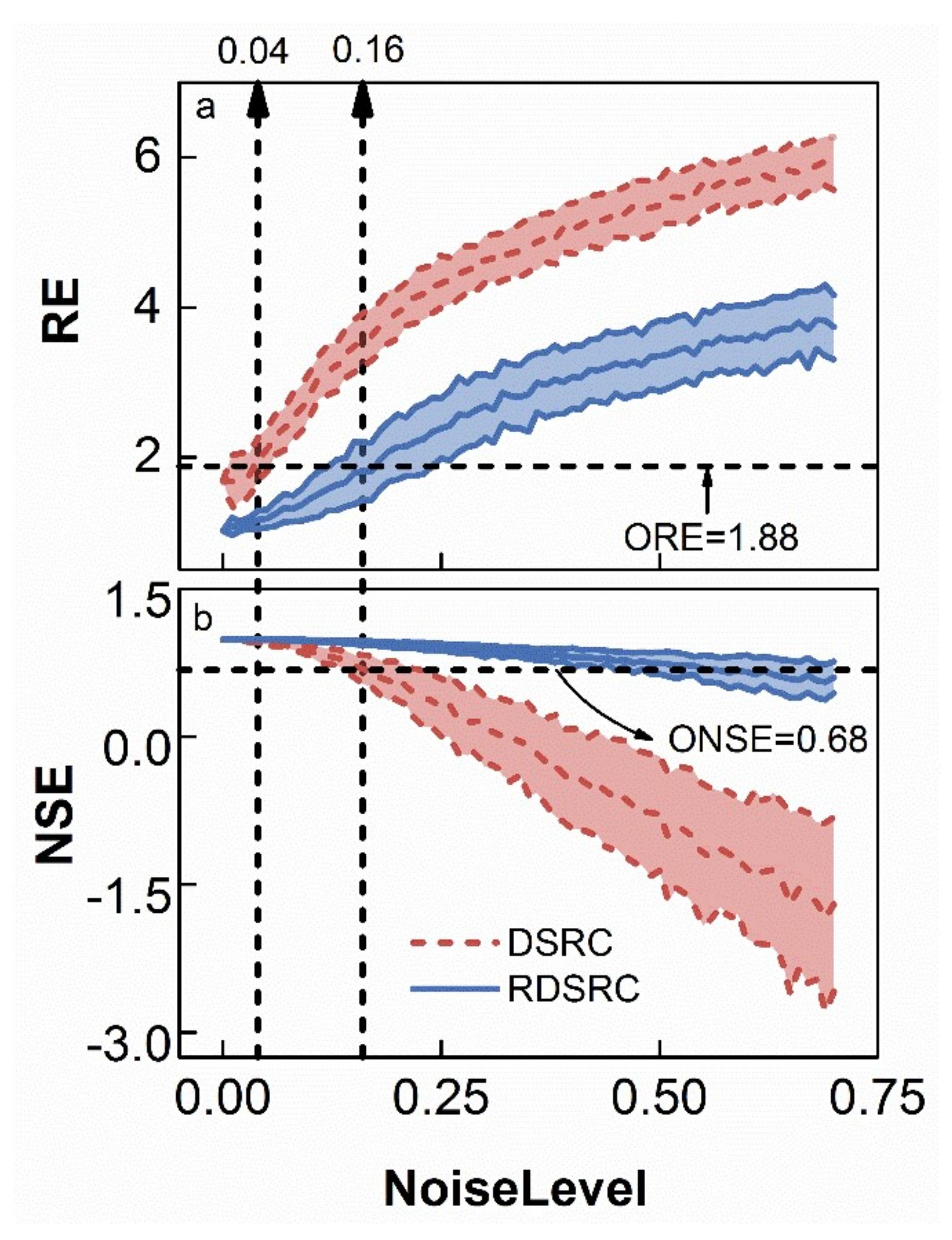
Federal Tax Credits for Consumer Renewable EnergyĪ tax credit reduces the amount of tax you have to pay. Click here and enter your zip code to see what offers may be available in your area. To encourage customers to buy energy efficient products, ENERGY STAR partners occasionally with sponsors to provide special offers, such as sales tax exemptions, credits, or rebates on ENERGY STAR certified products. Loans between $1,000 and $10,000 are offered at a fixed-rate of 1 percent for 10 years with no prepayment penalties. The Pennsylvania Housing Finance Agency's (PHFA) HEELP offers loans for specific energy efficiency repairs. Homeowners Energy Efficiency Loan Program (HEELP) Visit DCED's website to determine if you are eligible to receive assistance and to locate a weatherization provider. Pennsylvania's Weatherization Assistance Program strives to increase energy efficiency in low income homes by reducing energy costs and increasing comfort while safeguarding health and safety. Energy Assistance Programsįor Pennsylvania citizens having a difficult time paying their utility bills, the PUC provides a listing of energy assistance programs to help with lowering your monthly bill, budget billing, installation of energy saving features, and more. More information about energy efficiency programs that may be eligible to you from your electric company is available here. Through Act 129, Pennsylvania’s flagship energy efficiency law, the commonwealth has saved over 8.8 million megawatt hours of electricity usage since 2009 resulting in $6.4 billion in savings to Pennsylvania electric customers, while employing over 68,000 people in the field. The Pennsylvania Public Utility Commission (PUC) implements Act 129, which guides consumers and electric utilities toward achieving reduced energy consumption and peak electric demand. Fortunately, there are renewable energy and energy efficiency financial incentives to help.Īct 129 Electric Company Energy Efficiency Programs and Rebates Other projects, such as insulation or improvements to heating and cooling systems, may require significant financial investment. Some projects, such as lighting changes, require little financial investment. A homeowner can take steps to make their home more energy efficient at little or no cost.



Energy Information Administration, the average Pennsylvania family consumes more than 10,000 kilowatt-hours (kWh) of electricity annually and spends more than $2,000 per year on energy bills.

Financial Incentives Energy Financial Incentives for Pennsylvania ResidentsĪccording to the U.S.


 0 kommentar(er)
0 kommentar(er)
